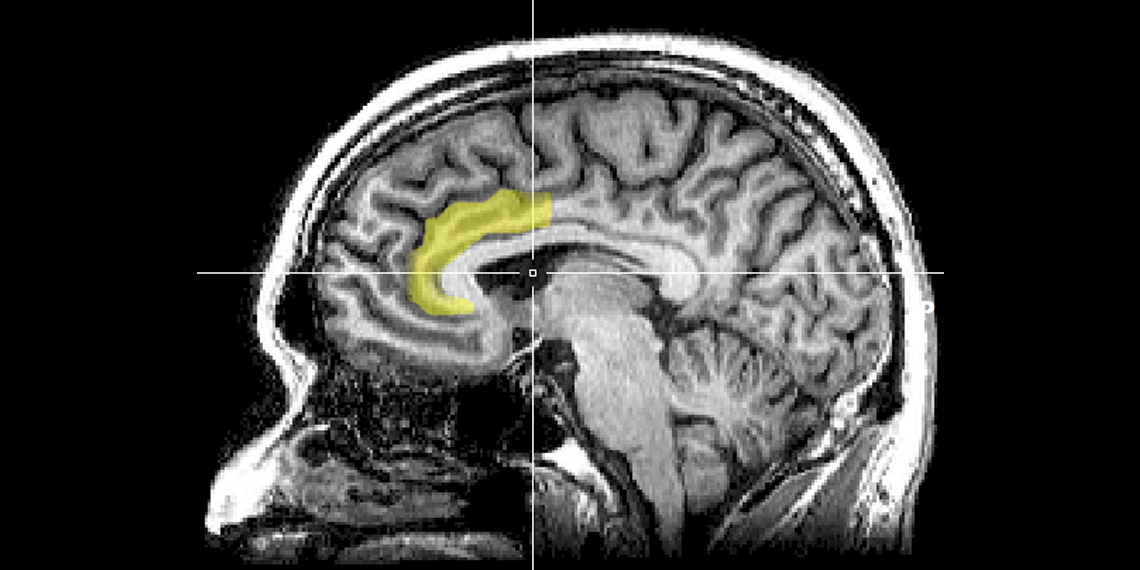Food & Drink
Coffee is a part of many people’s daily grind — but how much is too much?
A cup of joe stands firmly as America’s drink of choice, even surpassing water, according to the National Coffee Association
The Food and Drug Administration recommends no more than 400 milligrams a day for healthy adults — which is about four or five cups of coffee.
The average American drinks about 200 milligrams of caffeine a day, according to a 2017 study, which falls within the government and health group recommendations.
The FDA has no set regulation for children, but the American Academy of Pediatrics discourages caffeine consumption for children and adolescents.
But are you consuming enough caffeine to get you through the day? Or are you having too much that it keeps you up at night? How can you get the most out of your coffee?
About 100 to 150 milligrams, which is equivalent to one to 1½ cups of coffee, is a rough estimate of how much caffeine is needed to give a healthy energy boost — though it depends on the individual, Astrid Nehlig, an emeritus research director at the French National Institute of Health and Medical Research, told the Wall Street Journal.
It typically takes about five minutes after consumption for the coffee to kick in and work its magic and then becomes optimal for between roughly 15 to 120 minutes, Nehlig said.
Studies have shown that caffeine can be beneficial in many ways.
An Oct. 2023 study published in the Journal of the American Medical Directors Association, revealed that adults with a higher intake of caffeinated drinks were less frail and had significantly better physical function later in life.
Meanwhile, a study from March 2023 found the good and the bad in coffee.
The study published in the New England Journal of Medicine found that the daily consumption of at least one cup of joe positively affects movement but negatively impacts sleep. It may also raise the risk of a certain type of heart palpitation.
On days that they consumed coffee, their step count hit an average of 1,058 more steps than on days without coffee. However, on the coffee days, participants also got 36 minutes less sleep.
People who drink coffee tend to have more motivation to exercise and might perform better once they do, but lead author Dr. Gregory Marcus, cardiologist and professor of medicine at the University of California in San Francisco, told CNN that people “shouldn’t extrapolate that to taking energy drinks or high-dose caffeine as a way to enhance workouts.”
It takes about four to six for just half of the caffeine consumed to fully pass through your system, according to the FDA, but genetic factors are at play when it comes to how slowly or quickly people metabolize.
Researchers gathered DNA samples and discovered that those who got less slumber after drinking coffee had certain genetic variants that were linked to slower caffeine metabolism.
Dr. Frank Hu, professor of nutrition and epidemiology at Harvard T.H. Chan School of Public Health, told the WSJ that the best caffeine sources are unsweetened coffee or tea, drinks that have other benefits such as reducing inflammation.
Bottom line: A healthy boost can be obtained for most people with just one to 1½ cups of coffee — but it will have its best effects for anywhere between 15 and 120 minutes, so plan acccordingly.
Load more…
{{#isDisplay}}
{{/isDisplay}}{{#isAniviewVideo}}
{{/isAniviewVideo}}{{#isSRVideo}}
{{/isSRVideo}}

Rachel Carter is a health and wellness expert dedicated to helping readers lead healthier lives. With a background in nutrition, she offers evidence-based advice on fitness, nutrition, and mental well-being.








